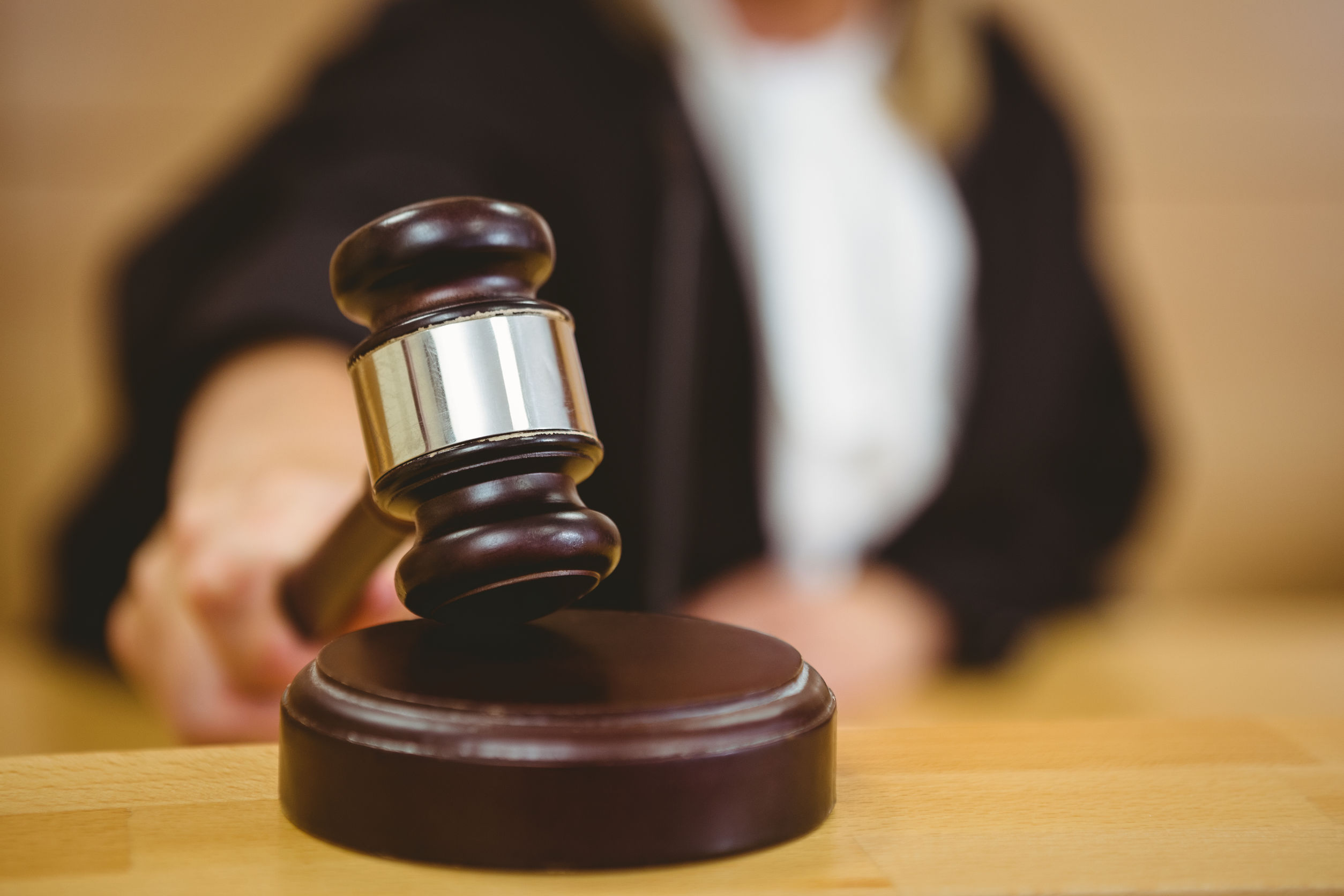We all know how Miranda Rights work. Specified in the Fifth Amendment of the U.S Constitution, it is meant to help prevent a defendant from making self-incriminating statements. Upon arrest in Colorado, an accused must seek to be represented by a lawyer or hire a Weld County bondsman to get bail bonds in Weld County.
However, if the authorities are eyeing the bigger offender—probably someone who has been committing more serious crimes—the accomplice may receive witness immunity in exchange for testimony.
Who Grants the Immunity?
Federal or state prosecutors can offer witness immunity. They can choose the person who must obtain the protection for minor crimes up to the more serious crimes like murder. The prosecutor needs to secure a formal court order either through an oral commitment or a written letter.
What is Witness Immunity?
The concept behind witness immunity is to obtain testimony from an offender to be used as strong evidence against another offender. For prosecutors, the idea is to “get the bigger fish.”
The testimony can happen in a variety of settings, including:
- a grand jury or court of the United States
- an agency of the United States
- either a joint of the committee of the two House, House of Congress, or a committee/subcommittee of either House
There are two forms of witness immunity: transactional immunity and “use and derivative use” immunity.
1, Transactional Immunity
It’s sometimes called blanket or total immunity because it provides complete legal protection from future prosecution of the crime mentioned in the immunized testimony. It means that the witness, although involved in a crime, will not be charged for the criminal offense specified in his statement.
Limitations on Transactional Immunity
This immunity is only limited to the criminal activities cited in the immunized testimony. The witness isn’t protected from other crimes they have committed. For example, a witness who confesses in the immunized testimony his participation in a robbery but is also a drug dealer will still need to face the charge related with drug dealing.
2. “Use and Derivative Use” Immunity
This kind of immunity is more common but gives the witness a limited range of protection. It does not guarantee total security, unlike the scope of transactional immunity. The witness’ confessions cannot be used against them, but unlike with transactional immunity, the witness isn’t required to testify in court.
Limitations on Use and Derivative Use Immunity
Initially, the witness is protected from prosecution of the crime in the immunized testimony. However, when they commit perjury, give false statements, and fail to comply with the order, they will face prosecution.
In addition, the prosecutors can gather additional and independent evidence to use against the witness, and the witness must face persecution for their other crimes.
Whether an offender has obtained immunity or not, Bail Bonds in Weld County are available to any defendant or witness who seeks to gain temporary freedom. For all your bail bond needs, contact Lucky Lucero’s Bail Bonds today!

